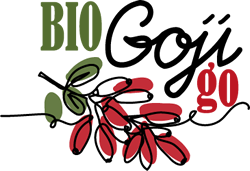The project priorities
Improving the integration of primary producers in the agri-food chain through quality schemes, local markets, short supply chains and the enhancement of Sicilian agro-food productions with particular reference to the production of a spice with high added value on the market (Saffron) and functional foods and nutraceuticals (Saffron and nutraceutical and cosmetic applications).
Improvement and enhancement of agricultural biodiversity (Sicilian saffron)
The plant of Crocus sativum allows a saving of the water resource because once the cultivation has been freed up, the cultivation no longer needs to be irrigated. The proposed model pays attention to a circular economy system where everything is enhanced, the bulb by producing new "corms" actually increases or the flower buds, or in a different case, can be explanted and put on sale; the flowers from which the stigmas are obtained; from the petals that are edible, dyes and biocomponents are obtained.
Promote diversification, the creation of new small businesses and employment. represents a process and product innovation that combines the rural and agricultural tradition of the Sicilian territories, with the creation of a new product strongly requested by the nutraceutical and health food market. This project contributes to the attractiveness of rural areas, safeguarding the environment by making marginal areas abandoned by agriculture productive.
The EtnaSaffronInnovation project introduces new applications for a traditional product such as saffron in sectors other than food, traditionally present and manned in Sicily and Italy. These applications, which further increase the added value of the saffron product and expand its market opportunities, are able to improve the economic performance of farms with a very high degree of environmental sustainability. The cultivation of the Crocus s. it will not require many agronomic treatments or chemical treatments (cultivation with the Bio system) and is able to exploit inaccessible and steep areas. The production of saffron takes place without the need for expensive and polluting treatment plants and promotes the birth of innovative companies. The recovery of biomass currently resulting, in particular the flower, for the extraction of bioactive molecules aimed at new applications, allows to further enhance the production.

